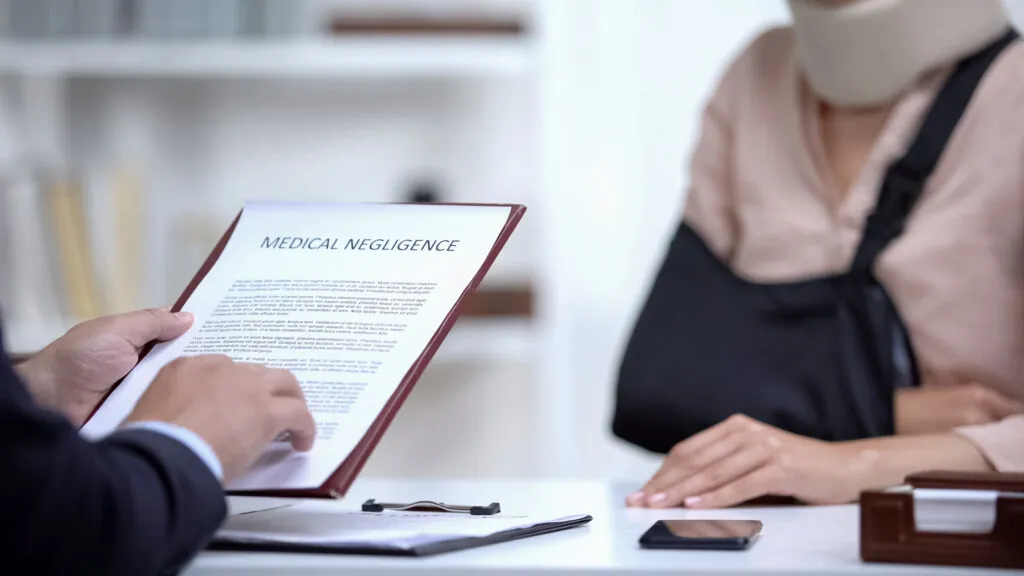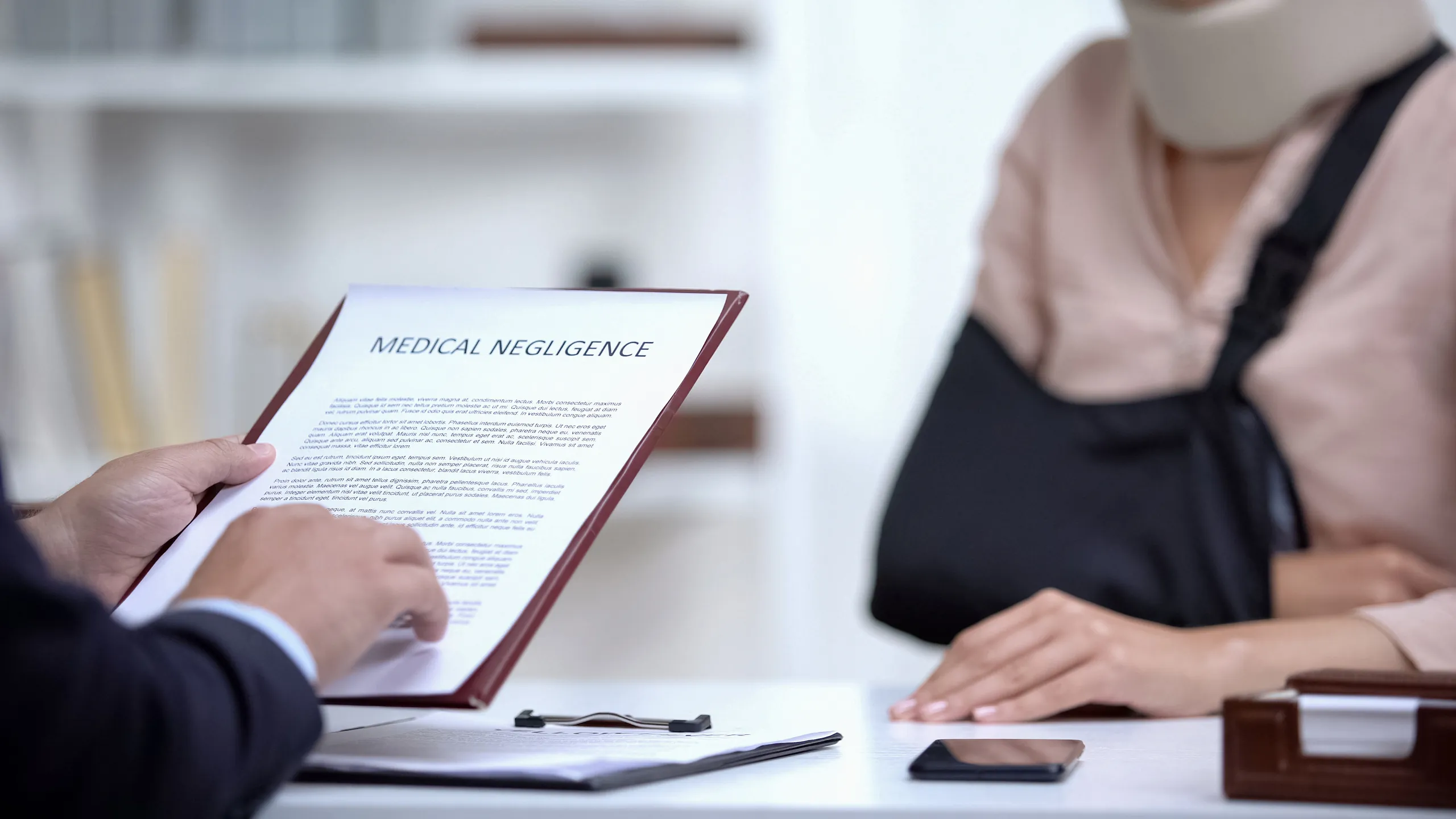Cruise Medical Negligence Claims from International Passengers
Cruise vacations are often viewed as the perfect escape—an opportunity to unwind while enjoying luxury services, exotic destinations, and five-star treatment. However, very few passengers consider what might happen if a medical emergency arises while at sea. Most assume that the onboard medical staff are fully equipped and capable of handling anything that might occur during the voyage. But the reality is often more complicated.

When medical negligence occurs on a cruise ship, the consequences can be devastating and long-lasting. Beyond the physical harm, passengers must navigate a complex legal maze involving international waters, foreign jurisdictions, and limited accountability by cruise lines. This article breaks down what constitutes medical negligence on a cruise, who may be liable, and how passengers—especially international ones—can protect their rights and pursue legal action if necessary.
Understanding Medical Negligence at Sea
Medical negligence refers to a failure by a healthcare provider to deliver the standard of care that a reasonably competent professional would provide under similar circumstances. On cruise ships, this type of negligence might involve misdiagnosing a serious condition, delaying emergency treatment, administering the wrong medication, or failing to evacuate a patient in a timely manner.
Medical Standards Are Not the Same at Sea
Medical care onboard cruise ships is not subject to the same oversight and regulations as land-based healthcare systems. The level of care you receive largely depends on the individual cruise line and the qualifications of the onboard staff. In many cases, cruise doctors are not held to U.S. medical standards because they are often licensed in foreign countries and contracted by the cruise line as independent professionals.
The Reality of Onboard Medical Treatment
Passengers might find themselves facing life-threatening situations without access to fully equipped facilities or experienced medical professionals. These discrepancies between expectation and reality are at the heart of many cruise ship medical malpractice cases.
Cruise Line Liability: Who’s Responsible?
Determining who is legally responsible for medical negligence at sea is one of the most difficult aspects of these cases. In the past, cruise lines were generally shielded from liability by arguing that their onboard doctors were independent contractors. Because of this, passengers often had no legal recourse against the cruise line, even in situations involving blatant medical mistakes.
Legal Shifts in Holding Cruise Lines Accountable
However, recent legal decisions in U.S. courts have started to challenge this traditional defense. Courts have ruled that in some situations, cruise lines may be held responsible for the actions of their medical staff—particularly if the cruise line was negligent in hiring, failed to provide proper medical equipment, or misrepresented the quality of their onboard care to passengers.
When Cruise Lines May Be Liable
This evolution in legal thinking means that cruise lines can no longer automatically deflect responsibility when passengers suffer harm due to poor medical treatment onboard. Nonetheless, liability is still far from guaranteed, and plaintiffs must be able to demonstrate clear negligence and direct harm resulting from the substandard care.
Suing a Cruise Line for Medical Negligence
Filing a lawsuit against a cruise line for medical negligence is not as straightforward as filing a typical personal injury claim on land. One of the most complex issues is jurisdiction—where the lawsuit must be filed and which country’s laws apply.
The Challenge of Jurisdiction in International Waters
Cruise ships often operate under foreign flags and sail through international waters, docking at various international ports. As a result, cruise tickets typically contain legal disclaimers that specify which court has jurisdiction over any disputes. In most cases involving major cruise lines, passengers are required to file claims in Miami, Florida, regardless of their own nationality or where the incident occurred.
Legal Barriers for International Passengers
For international passengers, this presents an added challenge. They may have to navigate a foreign legal system, travel to the U.S. to attend hearings, and hire an attorney familiar with both maritime and medical malpractice law. In some cases, international law or treaties may further limit a passenger’s ability to pursue a claim.
Time Limits Make Prompt Action Essential
To initiate a lawsuit, passengers typically need to act quickly. Many cruise ticket contracts impose a strict one-year time limit for filing any claims—much shorter than the standard two to three years allowed in most personal injury cases on land. It’s essential to gather evidence promptly, including medical records, witness accounts, and any correspondence with ship personnel.
Filing a Medical Malpractice Claim Against a Cruise Doctor
When pursuing legal action, the injured passenger must show that the doctor’s actions deviated from accepted medical standards and that this deviation directly caused or worsened the injury. This often requires a detailed review of the ship’s medical logs and treatment records, as well as testimony from medical experts who can attest to what the appropriate standard of care should have been.
Gathering the Right Documentation
It’s also critical to prove causation—that the negligence led directly to the harm suffered. For example, if a patient’s condition worsened due to a delayed evacuation or the wrong medication was administered, these could be grounds for a strong legal case.
Acting Quickly Makes a Difference
Collecting all necessary documentation while still onboard can be difficult, but it’s important to do so immediately. Request copies of your medical treatment records, gather names and contact information of any witnesses, and take photographs of the medical facilities if possible.
Legal Guidance Is Key
It’s also advisable to speak with a maritime personal injury attorney as soon as you can. An experienced lawyer can help navigate the cruise line’s contractual defenses and ensure you meet all filing deadlines.
Maritime Law and Medical Liability
Maritime law, also known as admiralty law, governs incidents that occur on navigable waters, including injuries that take place on cruise ships. This area of law differs significantly from state and federal laws that apply on land, and it adds an additional layer of complexity to cruise ship injury claims.
How Maritime Law Affects Your Case
Maritime law tends to favor the cruise lines, offering them numerous protections against liability. However, recent case law has increasingly emphasized the cruise lines’ responsibility to provide competent medical care to their passengers.
A Landmark Case That Changed Precedent
In the landmark case Franza v. Royal Caribbean Cruises, Ltd., a U.S. court found that cruise lines could be held vicariously liable for the negligence of shipboard medical personnel. This case marked a turning point, providing new opportunities for injured passengers to seek justice.
Still a Challenging Legal Landscape
Despite this shift, maritime medical cases are still complex. The involvement of international waters, foreign laws, and multinational corporations means that even clear-cut cases of medical negligence require detailed legal strategy and significant resources to pursue.
What Passengers Need to Know Before Sailing
Understanding the limitations of cruise ship medical care before embarking on your trip can help you make informed decisions and better protect yourself in an emergency.
Read the Fine Print of Your Cruise Contract
Start by reviewing your cruise ticket carefully. Pay close attention to the sections that discuss legal liability, jurisdiction, and time limits for filing claims.
Be Prepared Before You Board
It’s also a good idea to bring copies of your medical records, especially if you have chronic conditions or take prescription medications. Ensure that you have adequate travel insurance that includes medical evacuation coverage. Many passengers are surprised to learn that standard health insurance does not cover treatment or transport at sea.
Take Action When Medical Care Is Inadequate
If you do seek medical care onboard, document everything. Write down the names of the staff who treated you, what medications were administered, and the time and date of all interactions. If something seems wrong or if you feel your condition is not improving, ask for a second opinion or request an emergency evacuation at the next port.
Frequently Asked Questions
Can I sue a cruise line if I received poor medical care during the voyage?
Yes, you can sue a cruise line for medical negligence, but doing so requires understanding the terms of your cruise contract and the specific laws that apply. Many cruise lines include jurisdictional clauses in their ticket agreements that limit where and how legal action can be filed—usually in a U.S. federal court such as the one in Miami, Florida. In some cases, your ability to sue also depends on whether the onboard doctor is considered an employee of the cruise line or an independent contractor. Recent court rulings have made it more feasible to hold cruise lines accountable for the negligent actions of their medical staff, especially if there was a failure in hiring, supervision, or facilities provided.
What happens if the ship’s doctor misdiagnoses my condition or delays treatment?
If a cruise ship doctor misdiagnoses a serious illness or fails to treat your condition properly, and that failure leads to additional harm or worsening of your health, you may have a valid claim for medical malpractice. The key legal question is whether the care provided fell below the standard expected of a reasonably competent physician under similar circumstances. If a delay in treatment—such as postponing an emergency evacuation or administering the wrong medication—results in injury or complications, that could serve as evidence of negligence.
Can international passengers file a claim against a U.S.-based cruise line?
International passengers can file a claim, but they must typically do so in the jurisdiction specified in their cruise ticket contract. For most major cruise lines, this means filing in U.S. courts, even if the incident occurred in international waters or a foreign port. This can pose logistical challenges, including travel to the U.S. and understanding unfamiliar legal processes. However, U.S. courts have heard cases from international plaintiffs in the past, particularly when the cruise line operates out of the U.S. or has significant business ties to the country.
Is the cruise line always responsible for the actions of its onboard medical staff?
Not always. Cruise lines often try to avoid liability by classifying their doctors and medical staff as independent contractors, rather than direct employees. However, court decisions such as Franza v. Royal Caribbean have begun to narrow this loophole. Under certain circumstances, cruise lines may be held vicariously liable if it can be shown that they exercised control over medical hiring, oversight, or misrepresented the capabilities of their medical facilities in promotional materials or during the voyage.
What kind of evidence should I collect if I believe I’ve been a victim of medical negligence at sea?
You should collect your onboard medical records, including treatment logs and prescriptions. If possible, take detailed notes of your interactions with medical staff, including dates, times, and names. Obtain the contact information of any witnesses who observed your care or condition. Photographs of the medical facility or any visible injuries can also be helpful. Documentation is crucial in proving not just the injury, but how the treatment—or lack of it—directly contributed to your harm.
Final Thoughts: Navigating a Complex Legal Voyage
Medical malpractice on cruise ships is an issue many travelers never consider—until it’s too late. With limited oversight, inconsistent care, and legal disclaimers that favor the cruise lines, passengers must be proactive about protecting themselves and their legal rights.
Understanding the nuances of maritime law, knowing what to do after a medical error occurs, and seeking qualified legal advice are all critical steps in recovering damages and holding responsible parties accountable.
If you or a loved one has suffered due to medical negligence while on a cruise, don’t wait. The window for taking legal action is often short, and evidence can disappear quickly.
Contact The Cruise Injury Law Firm Today
Cruise lines have powerful legal teams working to minimize liability. You deserve experienced representation to protect your interests. Speak to a maritime personal injury lawyer today to understand your rights and options.
Justice at sea begins with a single step—contact The Cruise Injury Law Firm today to schedule a free consultation.



